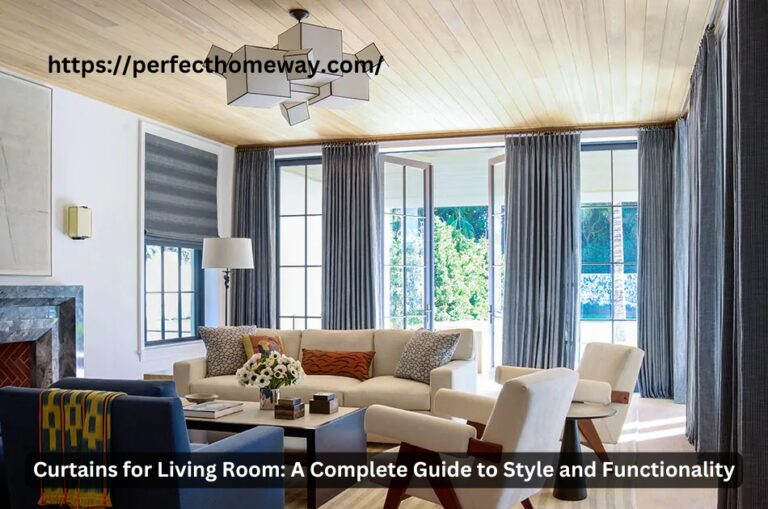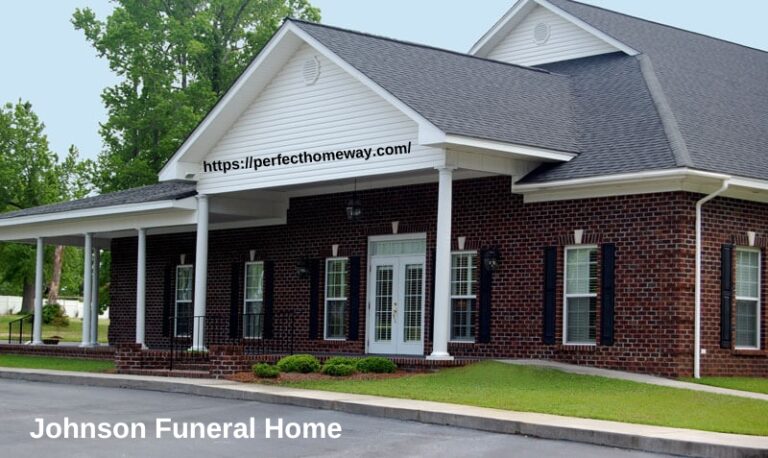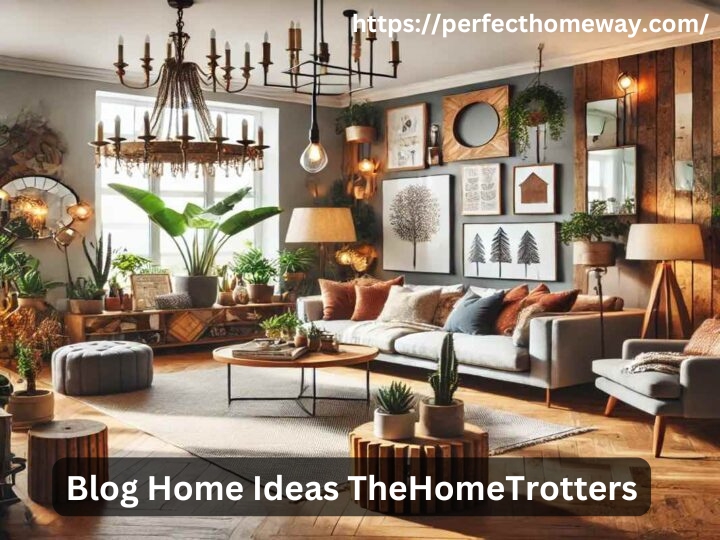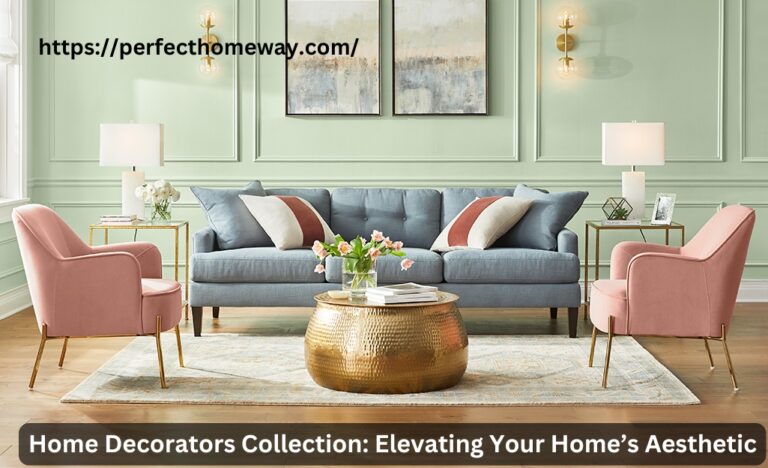The Essence of Modern Homes: Redefining Contemporary Living
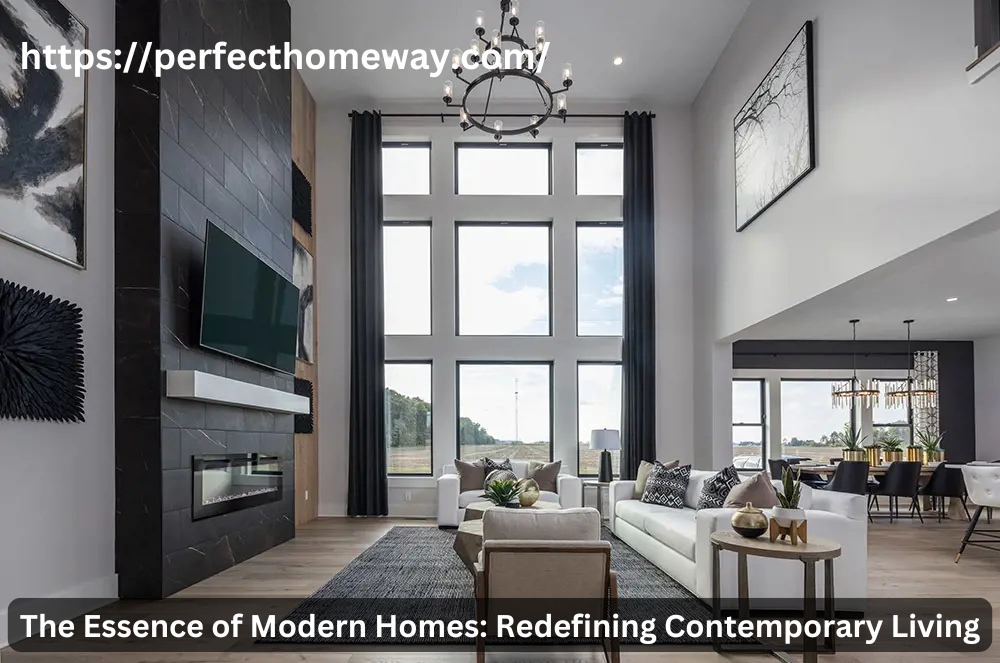
Modern homes represent the pinnacle of contemporary design and functionality, catering to the evolving needs of today’s homeowners. These residences are not just buildings; they are masterpieces that seamlessly blend aesthetics, technology, and sustainability. In this article, we will explore the defining characteristics of modern homes, the advantages they offer, and the latest trends shaping their future.
What Defines Modern Homes?
Modern homes are characterized by their minimalist architecture, open floor plans, and innovative use of materials. They prioritize simplicity and efficiency without compromising on style. Here are some of the core features that define modern homes:
- Open Spaces: Modern homes often feature open-concept layouts, creating a sense of flow and spaciousness. Walls are minimized to encourage connectivity between rooms.
- Minimalist Design: Clean lines, neutral color palettes, and uncluttered spaces are hallmarks of modern homes.
- Innovative Materials: From glass and steel to concrete and wood, modern homes incorporate materials that are both durable and visually appealing.
- Energy Efficiency: Solar panels, energy-efficient windows, and smart thermostats are common features in modern homes, reflecting a commitment to sustainability.
- Smart Technology: Integration of smart home systems for lighting, security, and appliances enhances convenience and efficiency.
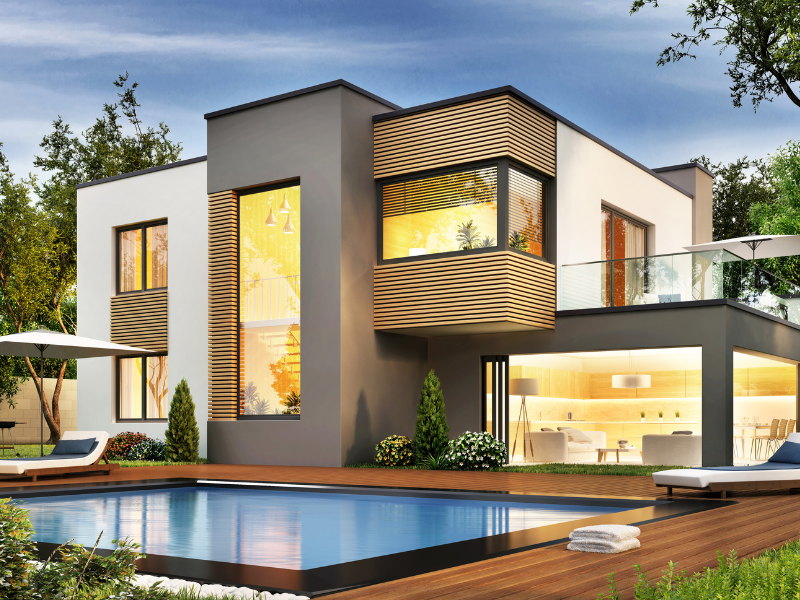
Advantages of Living in Modern Homes
Modern homes are more than just visually appealing; they offer numerous benefits that cater to modern lifestyles. Below are some of the key advantages:
1. Enhanced Comfort and Functionality
Modern homes are designed with the homeowner in mind, prioritizing functionality without sacrificing comfort. Open layouts provide flexibility, making it easier to personalize the space according to your needs.
2. Energy Efficiency
Sustainability is a cornerstone of modern home design. Features like energy-efficient windows, LED lighting, and advanced insulation reduce energy consumption and lower utility bills. Many modern homes are also equipped with renewable energy solutions such as solar panels.
3. Smart Living
The integration of smart technology in modern homes allows homeowners to control various systems remotely. From adjusting the thermostat to monitoring security cameras, technology makes life more convenient and secure.
4. Aesthetic Appeal
Modern homes are known for their sleek and elegant design. Their minimalist approach creates an uncluttered environment that promotes peace and relaxation. Large windows and open spaces often connect the indoors with nature, enhancing the living experience.
Trends Shaping Modern Homes
The concept of modern homes continues to evolve, influenced by technological advancements and shifting lifestyle preferences. Here are some trends driving the future of modern home design:
1. Sustainable Architecture
Eco-friendly design is no longer optional but essential. Modern homes increasingly incorporate sustainable building materials, green roofs, and energy-efficient systems to minimize their environmental footprint.
2. Smart Home Integration
Smart home technology is becoming more sophisticated, offering features like voice-controlled devices, automated lighting, and AI-driven security systems. These technologies enhance convenience while optimizing energy use.
3. Indoor-Outdoor Living
Blurring the line between indoors and outdoors is a growing trend. Modern homes often include features like retractable glass walls, outdoor kitchens, and landscaped gardens that extend the living space.
4. Wellness-Centric Design
Designing homes to promote physical and mental well-being is gaining traction. Modern homes now feature amenities like home gyms, meditation spaces, and air purification systems.
5. Multi-Functional Spaces
As remote work becomes more prevalent, modern homes are adapting by incorporating home offices, study nooks, and flexible spaces that can serve multiple purposes.
How to Incorporate Modern Elements into Your Home
Even if you don’t live in a modern home, you can still incorporate modern elements into your existing space. Here are some ideas:
- Simplify Your Design: Embrace a minimalist aesthetic by decluttering and using neutral color schemes.
- Upgrade Your Lighting: Install energy-efficient LED lights or smart lighting systems.
- Invest in Smart Technology: Add smart devices like thermostats, doorbell cameras, or automated blinds.
- Focus on Sustainability: Opt for eco-friendly materials when renovating or upgrading your home.
- Create Open Spaces: Remove unnecessary walls or partitions to create a sense of openness.
Modern Homes Around the World
Modern homes are not confined to a specific region or culture; their principles are embraced globally. From the sleek urban apartments in New York City to the eco-friendly villas in Scandinavia, modern homes reflect the diversity of architectural styles while adhering to common principles of simplicity, functionality, and sustainability.
- United States: Known for sprawling suburban modern homes with smart integrations and expansive designs.
- Scandinavia: Focuses on minimalist aesthetics and eco-conscious living.
- Japan: Combines traditional elements with modern functionality in compact spaces.
- Australia: Emphasizes indoor-outdoor living with features like open patios and natural light.
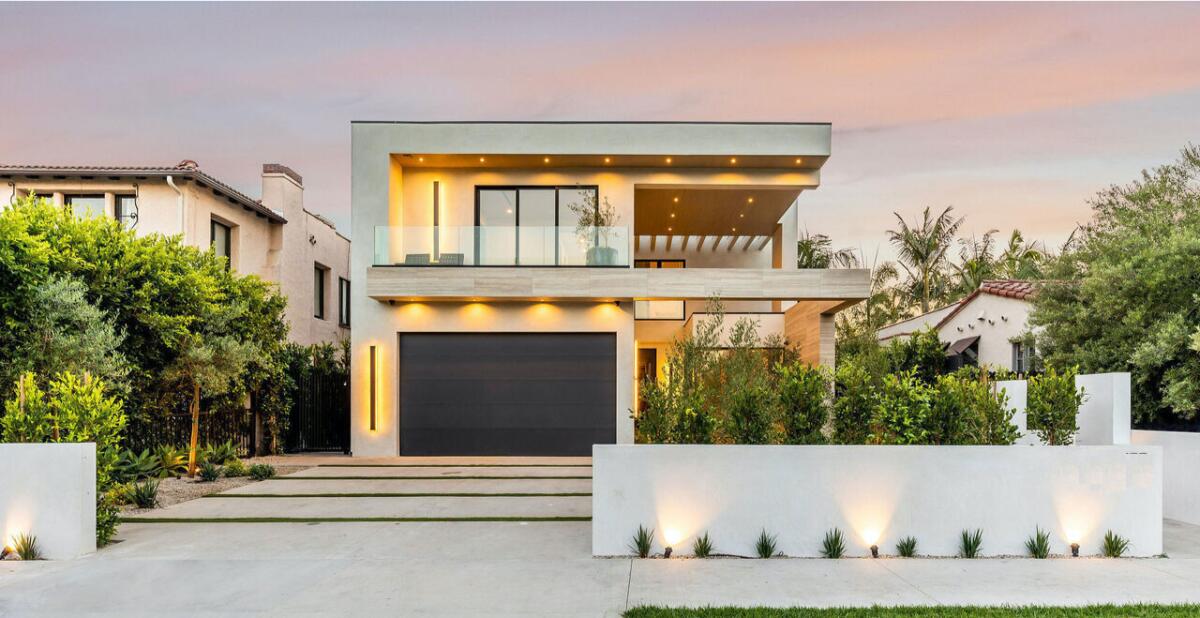
Conclusion:
Modern homes are more than just places to live; they are a reflection of contemporary values and lifestyles. Their emphasis on simplicity, sustainability, and technology makes them ideal for individuals and families seeking a harmonious blend of form and function. Whether you’re designing a new home or upgrading your current space, incorporating the principles of modern homes can significantly enhance your quality of life.
As the world continues to evolve, so will the concept of modern homes, ensuring they remain at the forefront of architectural innovation and lifestyle enhancement. Embracing modern home design is not just about staying on-trend; it’s about creating a space that supports a better way of living for years to come.

